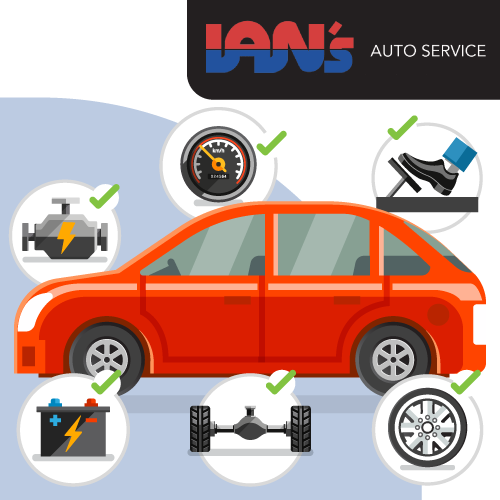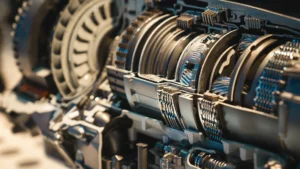
Slow acceleration can be a frustrating and potentially dangerous issue for vehicle owners. Whether you’re merging onto a highway or trying to pass another car, having a vehicle that’s slow to pick up speed can be a real problem. In this post, we’ll explore the common causes of slow acceleration and offer some solutions to help get your car back up to speed.
What is Slow Acceleration?
Slow acceleration occurs when a vehicle takes longer than normal to increase its speed. This can manifest as:
- Sluggish response when pressing the gas pedal
- Difficulty reaching higher speeds
- Poor performance when climbing hills or carrying heavy loads
Common Causes of Slow Acceleration
Clogged Air Filter: A dirty air filter restricts airflow to the engine, reducing its power output.
Fuel System Issues: Problems with fuel injectors, pumps, or filters can limit the amount of fuel reaching the engine.
Spark Plug Problems: Worn or faulty spark plugs can lead to incomplete combustion and reduced power.
Transmission Issues: A slipping transmission or low transmission fluid can cause slow acceleration.
Mass Airflow Sensor Malfunction: This sensor helps regulate the air-fuel mixture, and when faulty, can cause poor performance.
Exhaust System Restrictions: A clogged catalytic converter or muffler can create back pressure, reducing engine power.
Tire Problems: Underinflated or unevenly worn tires can increase rolling resistance and slow acceleration.
Solutions for Slow Acceleration
Regular Maintenance: Keep up with scheduled maintenance, including air filter replacements and spark plug changes.
Check and Clean Fuel System: Have a mechanic inspect and clean your fuel system components.
Transmission Service: Ensure your transmission fluid is at the proper level and consider a transmission flush if needed.
Diagnose Sensor Issues: Use a diagnostic tool to check for any sensor malfunctions, particularly the mass airflow sensor.
Inspect Exhaust System: Have a professional check for any exhaust restrictions or damage.
Tire Maintenance: Regularly check tire pressure and rotation to ensure even wear and optimal performance.
Professional Diagnosis: If the problem persists, consult a qualified mechanic for a thorough inspection and diagnosis.
By understanding the causes of slow acceleration and taking proactive steps to address them, you can help ensure your vehicle performs at its best. Remember, regular maintenance is key to preventing many acceleration issues before they start.
Don’t Let Slow Acceleration Slow You Down
Is your vehicle suffering from slow acceleration? Don’t let this issue compromise your safety or driving experience. At Ian’s Auto, we specialize in diagnosing and fixing acceleration problems quickly and efficiently.
Here’s why you should choose Ian’s Auto for your vehicle’s needs:
Expert diagnostics: Our trained technicians can quickly identify the root cause of your acceleration issues.
Comprehensive solutions: We address all potential causes, from simple maintenance to complex repairs.
Quality service: We use only high-quality parts and state-of-the-art equipment to ensure your vehicle performs at its best.
Convenient scheduling: We offer flexible appointment times to fit your busy schedule.
Don’t wait for slow acceleration to become a bigger problem. Take action today and get back to enjoying a smooth, responsive driving experience. Book your appointment with Ian’s Auto now!




